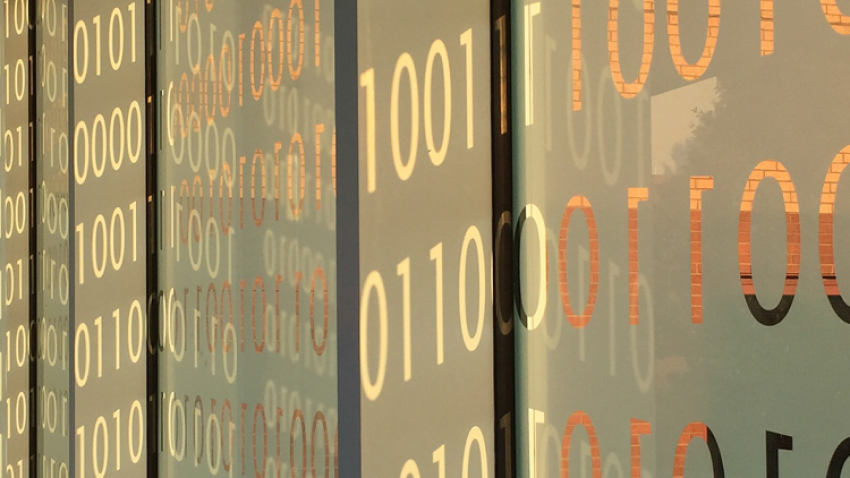
CS Professor Earns Award for Pioneering Security Research
Professor Wenke Lee recently received the ACM Special Interest Group on Security, Audit and Control (SIGSAC) Outstanding Innovation Award. He is one of several School of Computer Science (SCS) researchers honored at the group’s ACM Conference on Computer and Communications Security (CCS) in London this month.
Lee was recognized for his pioneering contributions to network and systems security. His team was among the first to study how adversaries can subvert machine learning (ML)-based systems. Their work brought ML to security analytics such as tackling intrusion and botnet detection.
“While it is now a standard practice to apply ML to security analytics, we developed the first comprehensive ML framework for intrusion detection 20 years ago, and our papers have since been cited several thousands of times,” Lee said.
Lee’s team has continued to pursue forward-looking research in this important intersection of ML and security. Their recent work focuses on protecting user privacy in deep-learning based biometric authentication and surveillance.
“I have been very fortunate to have the opportunities to work on interesting research projects with my mentors, colleagues, and students in my career,” Lee said. “This award is really for all of us.”
SCS received multiple awards at the conference. Lee’s students earned the best paper award. Kangjie Lu, a former student of Lee and SCS Associate Professor Taesoo Kim, and SCS research scientist Hong Hu won for their paper, Where Does It Go? Refining Indirect-Call Targets with Multi-Layer Type Analysis.
SCS Assistant Professor Paul Pearce was also given the runner-up of the 2019 ACS SIGSAC Doctoral Dissertation Award.
As computing revolutionizes research in science and engineering disciplines and drives industry innovation, Georgia Tech leads the way, ranking as a top-tier destination for undergraduate computer science (CS) education. Read more about the college's commitment:… https://t.co/9e5udNwuuD pic.twitter.com/MZ6KU9gpF3
— Georgia Tech Computing (@gtcomputing) September 24, 2024


